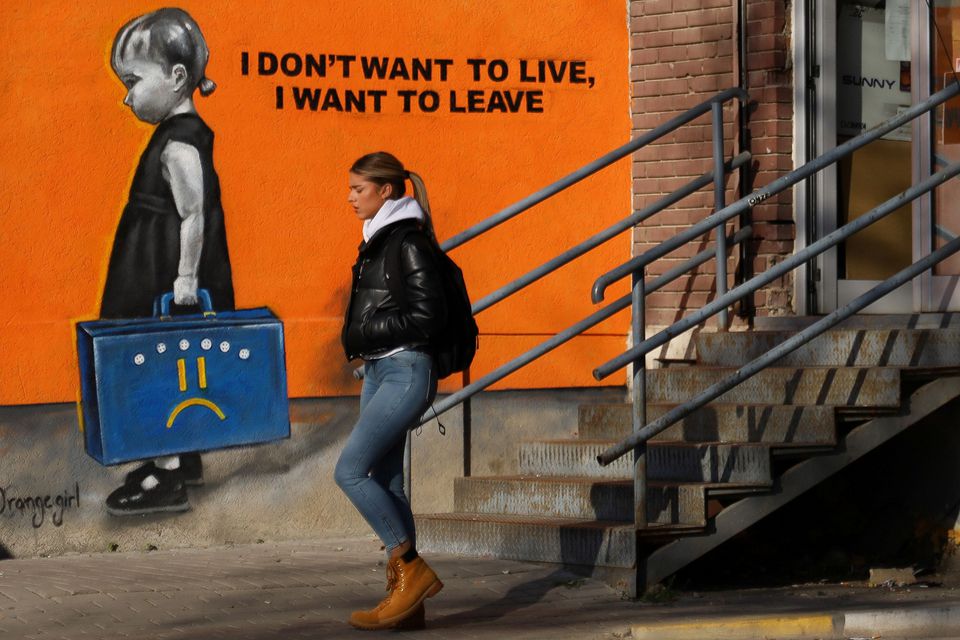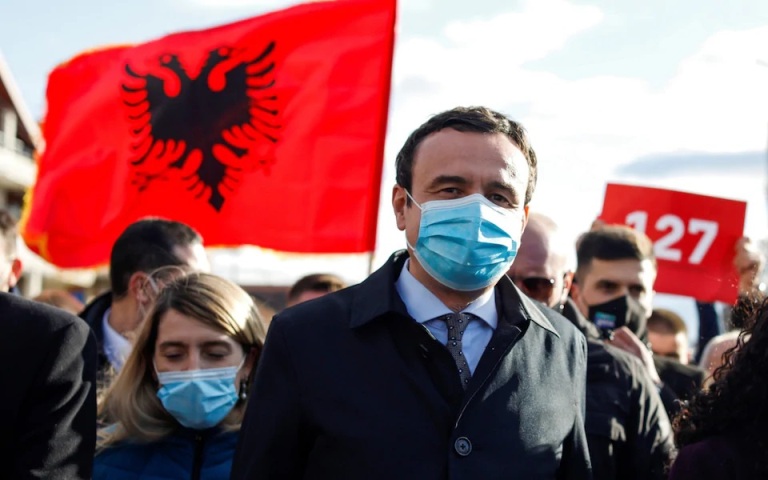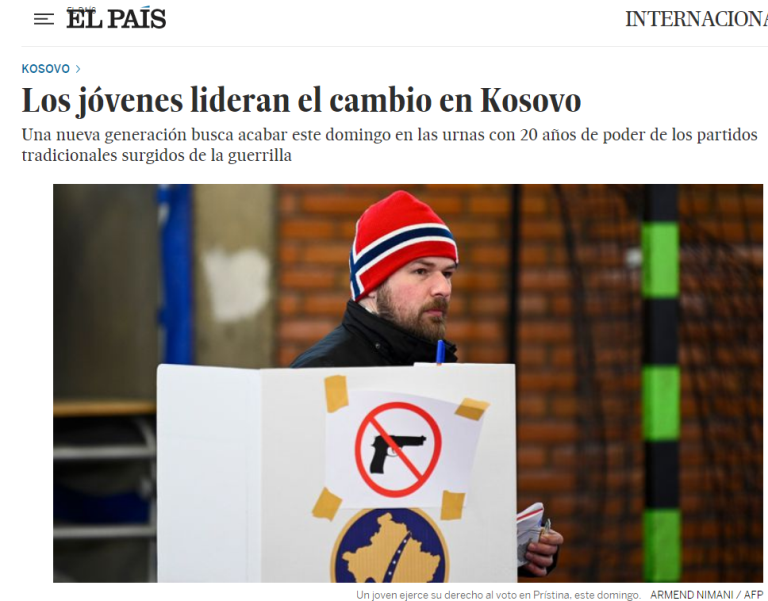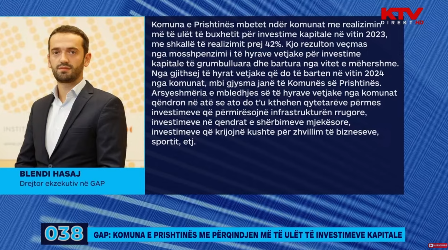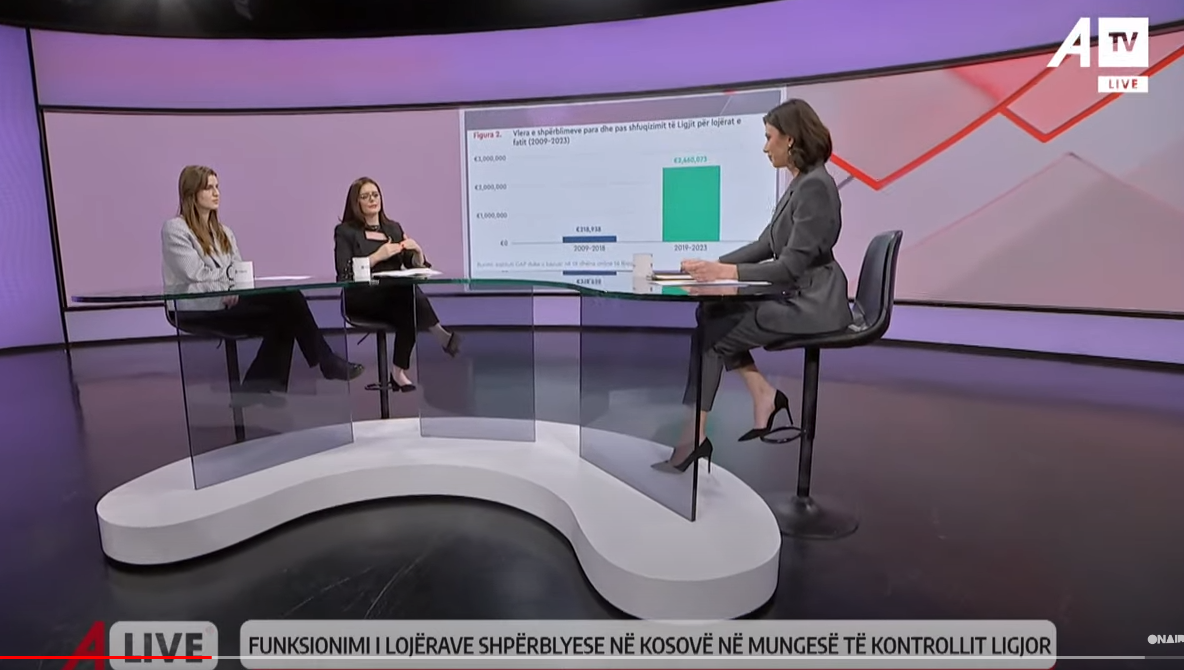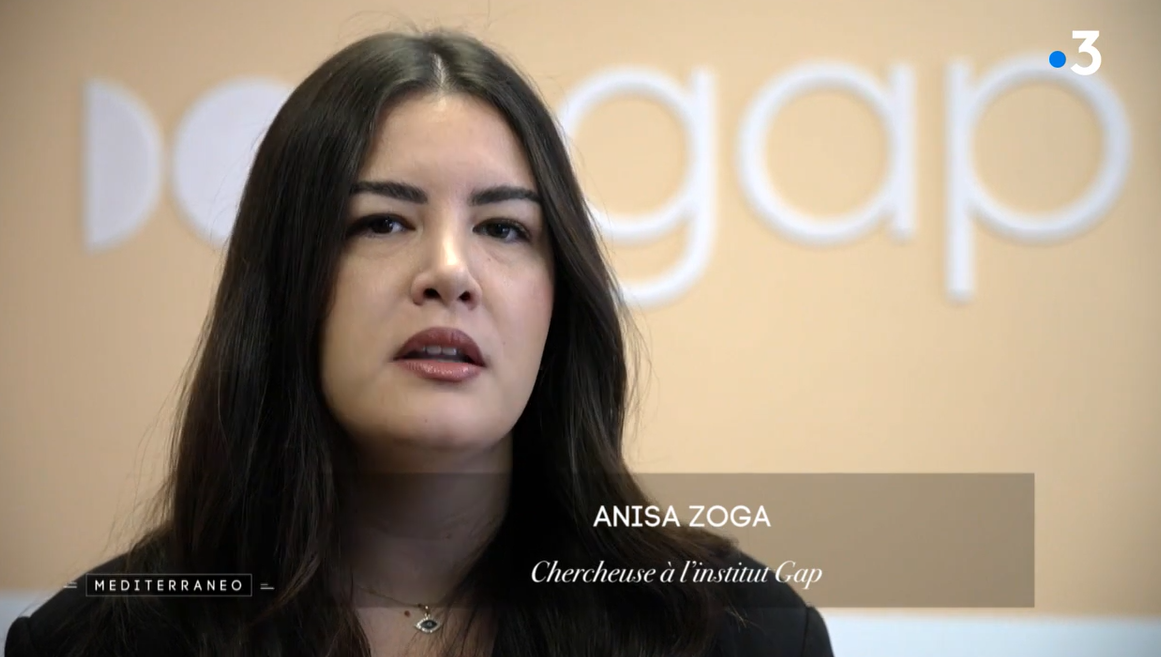Citizens expectations and factors influencing their vote in local elections
13/10/2017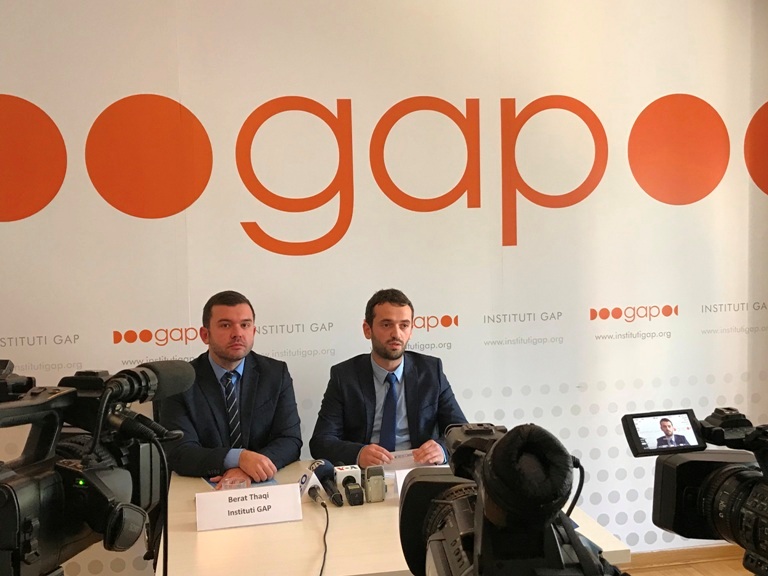
Today, at a press conference, the GAP Institute presented the report "Citizens expectations and factors influencing their vote in local elections". The data used in this report are gathered from field research conducted in 38 municipalities of Kosovo from 14th to 25th of September 2017.
Berat Thaqi, Policy Analyst at GAP Institute, presented the main findings of this research, saying that the results show that over 70% of citizens are inclined to believe that the October 22nd local elections will bring positive changes for their families and the community they live in. However, only 7% of the respondents are fully convinced that positive changes will take place after the local elections. About 56% of the citizens surveyed said their vote would not change from that of the June 11th parliamentary elections, while 14% claimed they would vote differently on October 22nd. Meanwhile, about 7% of the respondents claimed they would not vote at all in this election. Regarding the question, on what citizens base their decision when choosing which candidate to vote for mayor, the majority of the respondents answered that they are based on the program and the promises of the candidate but also on his/her experience and education background. Survey results indicate that voters have preference towards younger candidates. The program, education background, and previous political experience are the main factors also influencing citizens vote for the municipal assembly.
Blendi Hasaj, Researcher at GAP Institute, continued with other findings, saying that 71% of those who will vote for the candidate coming from the same party they have voted on June 11th are between 18-44 years old, where people between 25-34 dominate the group. The attitude of citizens regarding the voting of a candidate who does not belong to their ethnicity, the results show that, in general, voters do not prefer to vote for someone from other ethnic groups, regardless of his/her qualification. However, the surveyed citizens, who are more acquainted with other community members, such as Prizren and Mitrovica, are more likely to vote for candidates from other ethnic groups. The respondents from the Bosnian, Serb, and Albanian communities tend to refuse candidates from other ethnic groups, unlike the respondents from Egyptian, Roma or Gorani communities.
The survey was conducted by UBO Consulting, where 1,065 Kosovar citizens were interviewed: Albanians (818), Serbs (150), and members of other communities (97). This research did not aim to identify the citizens tendencies about which political subject would they vote.
To read the full report please click Here.




